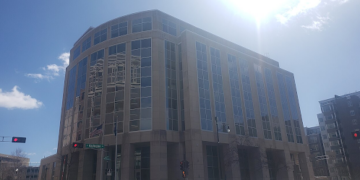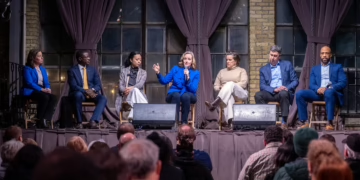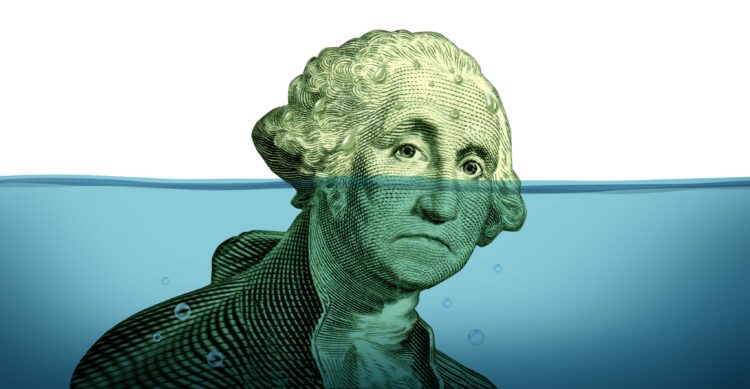In the current fiscal year, the United States federal government will spend an eye-popping $892 billion on interest payments alone. This staggering figure, dedicated solely to servicing debt, dwarfs many other critical areas of federal spending and underscores the severe fiscal challenges facing the nation.
To put this in perspective, the $892 billion spent on interest payments is more than the entire annual budgets of several key government departments combined. For instance, the Department of Defense, one of the largest federal expenditures, has a budget of approximately $816 billion. The Department of Education’s budget is about $70 billion, and the Department of Health and Human Services, which includes Medicare and Medicaid, operates on roughly $1.3 trillion. The amount spent on interest payments is nearly as much as the Social Security budget, which stands at $1.2 trillion.
This immense allocation of resources to interest payments significantly limits the government’s ability to fund essential services and invest in public welfare. Unlike spending on infrastructure, education, or healthcare, interest payments do not yield any direct benefits to citizens. Instead, they merely service past borrowing, illustrating the burden of the national debt on the country’s fiscal health.
The impact of this massive interest expenditure on the U.S. economy is often overlooked but it is significant. Higher debt servicing costs mean reduced funding for critical public services, from education and healthcare to infrastructure development and social security. This scenario hampers the government’s ability to respond effectively to economic crises, natural disasters, and other unforeseen challenges. COVID is the greatest example of this.
The surge in debt can be attributed to the massive fiscal deficits incurred during the COVID-19 pandemic, which have severely strained national budgets. Even wealthy nations like the United States face a critical situation where mounting debt now jeopardizes living standards and economic stability. Despite the urgency of this issue, politicians, especially those facing elections, are hesitant to confront voters with the necessary but unpopular measures such as tax increases and spending cuts. Some even exacerbate the situation by making extravagant promises that risk further inflation or a new financial crisis.
Addressing America’s debt challenge requires difficult choices and will result in either increasing taxes, cutting programs or a combination of both. However, many politicians avoid discussing these tough decisions, despite their significant impact on people’s lives.
































